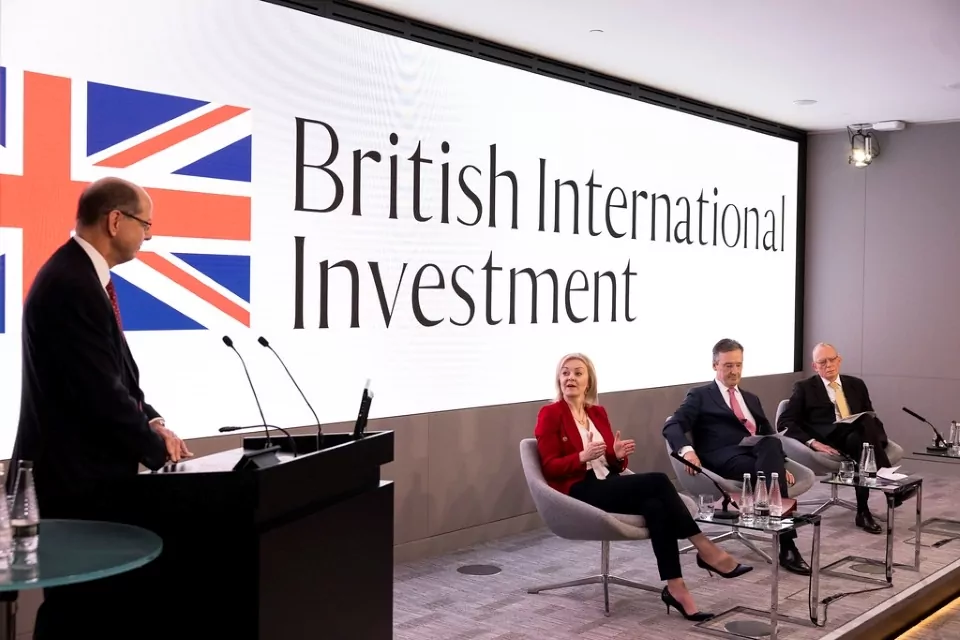
Spiro Raises Record $100 Million to Scale Battery-Swapping Network Across Africa
Nairobi-based mobility firm Spiro has raised $100 million in a funding round — the largest investment ever made in Africa’s two-wheel electric mobility sector.
The Empower Africa Business Platform is Now Live !!!

British International Investment (BII), the UK government’s development finance institution, has invested £1.09 billion in African companies in 2024, aiming to support job creation, reduce dependency on aid, and address climate-related challenges.
The 2024 investment marks a 40% increase compared to the £725 million BII committed in 2023.
This comes even as global economic conditions remain unstable, making investment decisions more challenging.
BII’s net assets also saw growth, rising to £9.9 billion from £8.5 billion in the previous year. In terms of profit, the institution recorded £213.3 million after tax in 2024, recovering from a £44 million loss in 2023.
According to BII’s annual review, African firms received 62% of the total investments, while companies in Asia secured 36% (£626 million). Businesses operating across both continents received £29 million.
BII’s climate-related investments reached $903 million (£708 million) in 2024, which accounts for 41% of the year’s total commitments.
This represents significant progress compared to 2020, when climate investments stood at just $104 million (£80 million).
As a result, climate-focused assets now make up over a quarter of BII’s portfolio, rising from 15% in 2020.
Efforts in renewable energy led to a reduction of 1.5 million tons of carbon dioxide equivalent (CO2e) emissions in 2023, a 54% improvement from the previous year.
This was attributed to an increase in renewable power capacity and energy generation across BII’s investments.
BII also allocated £499 million toward projects advancing gender equity and invested £880 million in some of the poorest and most vulnerable countries within its areas of operation.
Chris Chijiutomi, BII’s Managing Director and Head of Africa, said the institution remains a dedicated partner to African countries.
He emphasized the importance of investing in businesses that generate employment, reduce aid reliance, and tackle the climate crisis.
BII Chair Diana Layfield noted that the institution’s ability to deliver both development impact and financial returns in a constrained global financial setting underscores its value.
She pointed out that the investments help developing economies grow, create jobs, and build infrastructure that responds to the climate emergency.

Nairobi-based mobility firm Spiro has raised $100 million in a funding round — the largest investment ever made in Africa’s two-wheel electric mobility sector.

The African Development Bank (AfDB) has announced plans to contribute $500 million, pending board approval, toward the construction of a new international airport in Ethiopia.

Userguest, a Moroccan tech startup that helps hotels optimize their direct revenue, has secured €2.2 million (approximately $2.4 million) in seed funding.